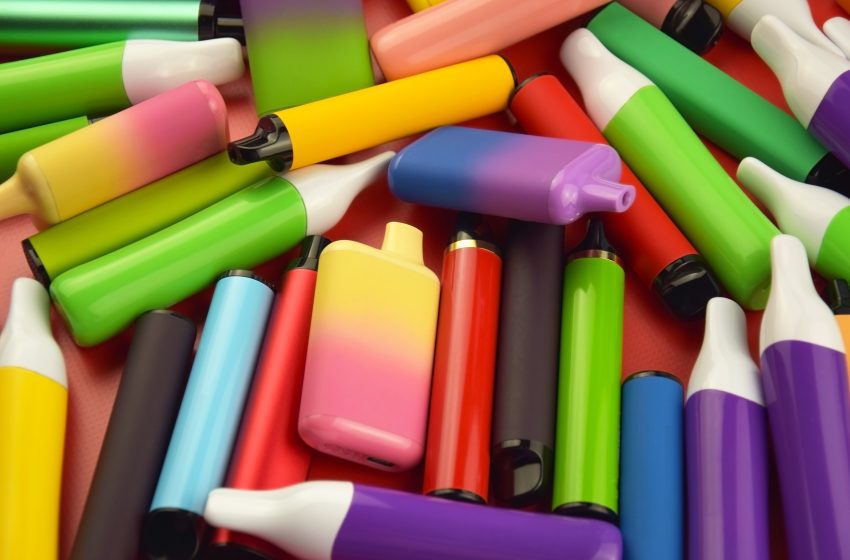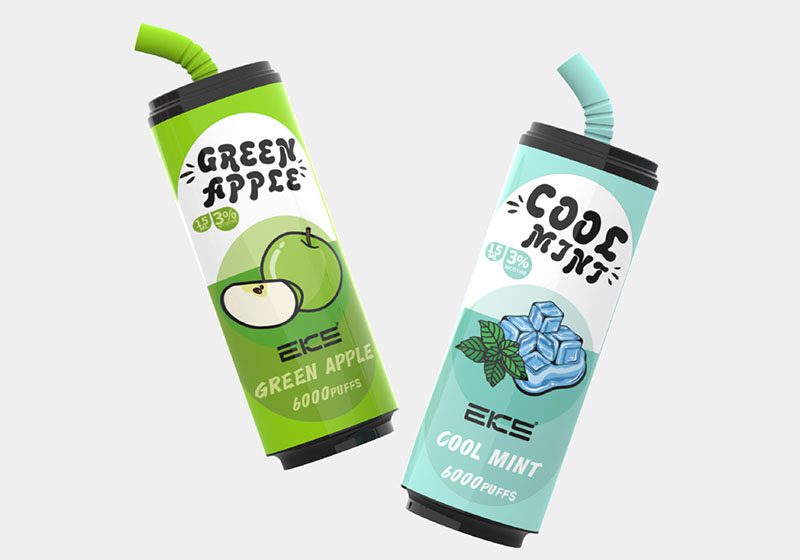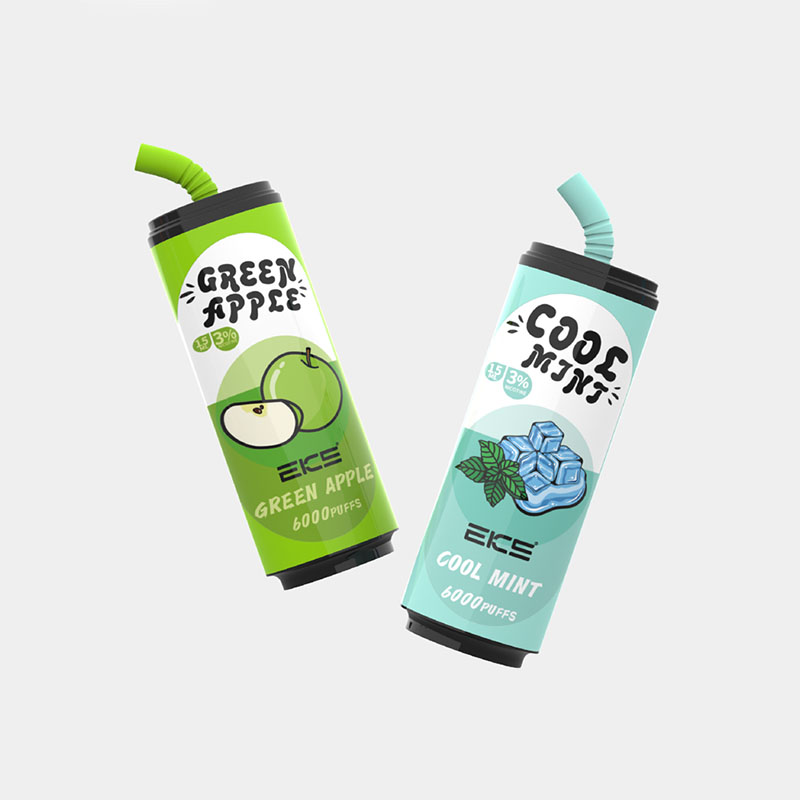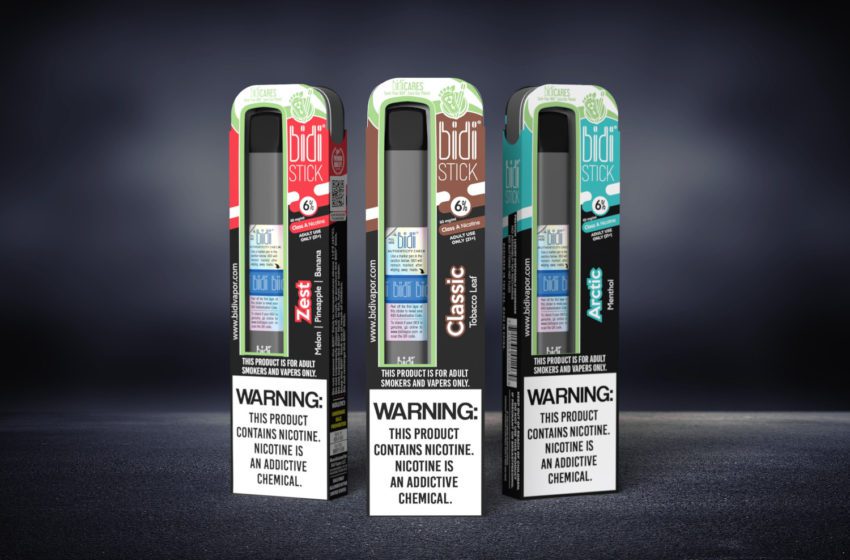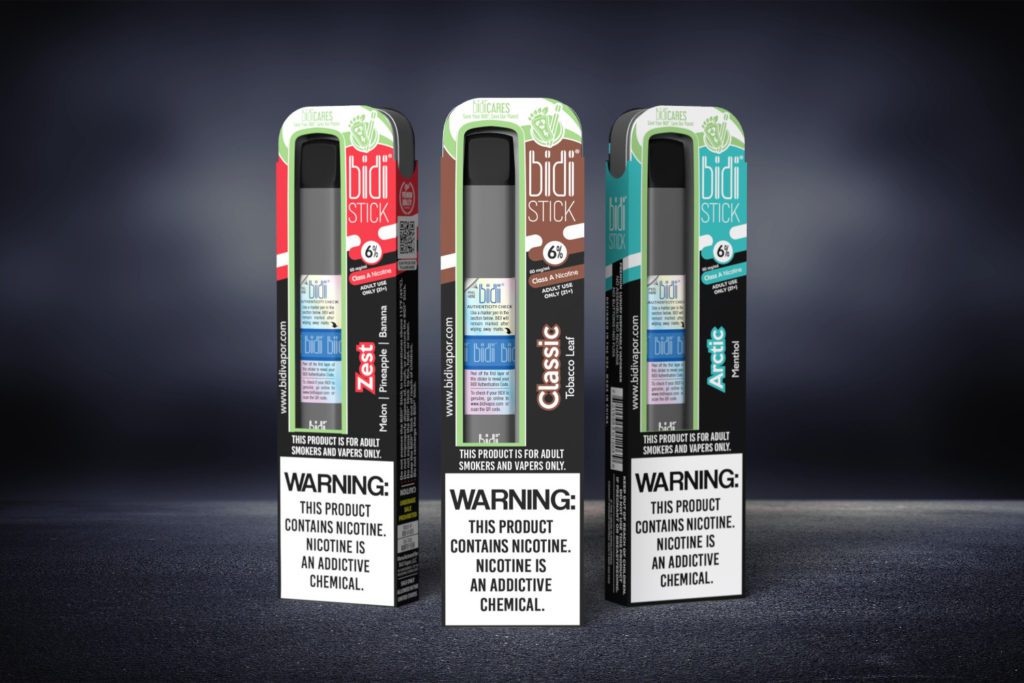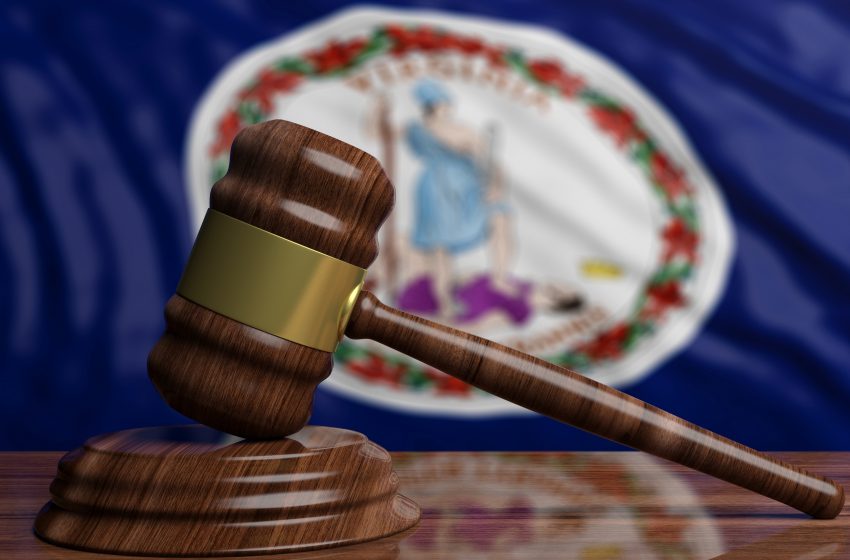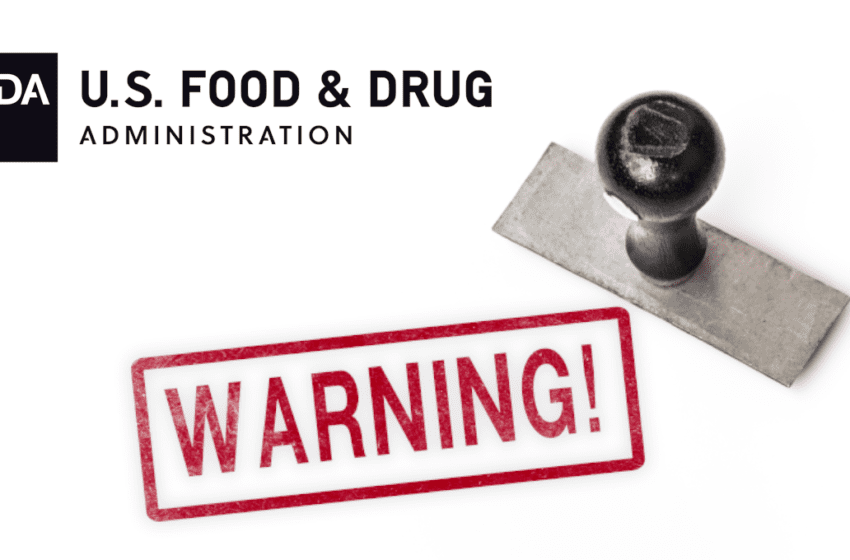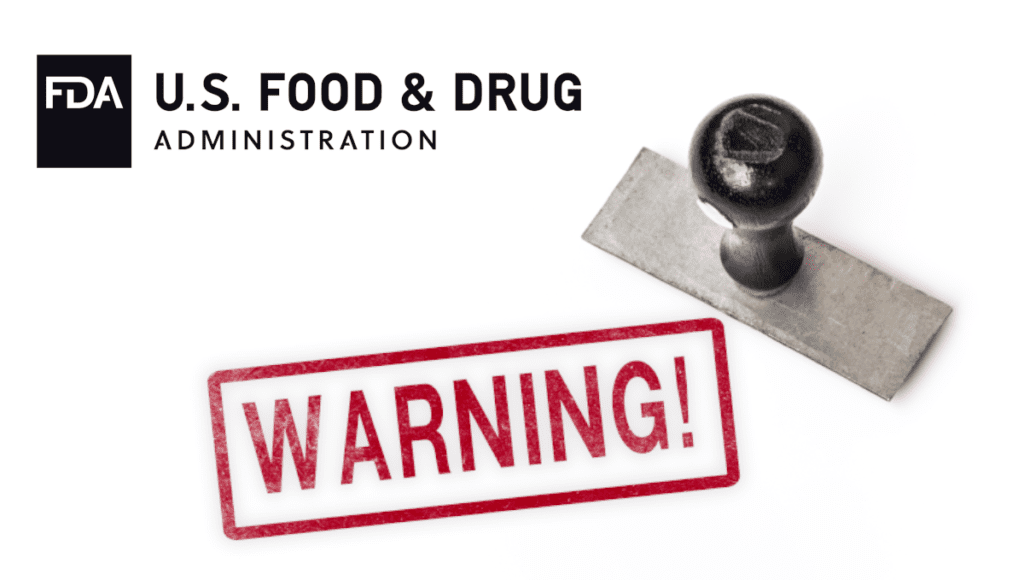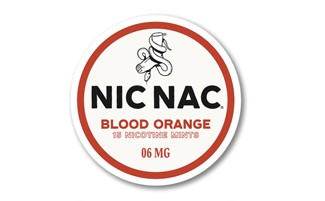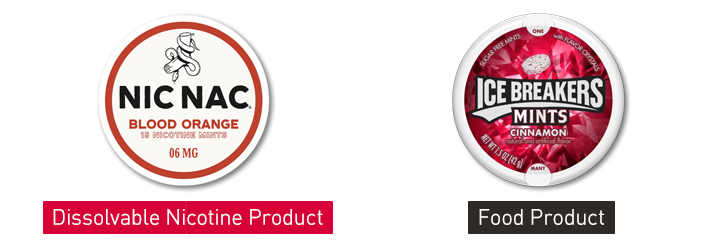
The U.S. Food and Drug Administration announced it has filed civil money penalty (CMP) complaints against 25 brick-and-mortar and online retailers for selling unauthorized Elf Bar, EB Design and other e-cigarette products.
In a press note, the FDA stated that it had previously warned each retailer in the form of a warning letter to stop selling unauthorized tobacco products. During follow-up inspections, the agency observed the retailers had not corrected the violations, resulting in civil money penalty actions.
The complaints seek the maximum civil money penalty of $19,192 for a single violation from each retailer. The retailers can pay the penalty, enter into a settlement agreement based on mitigation factors, request an extension of time to file an answer to the complaint, or file an answer and request a hearing.
Retailers that do not take action within 30 days after receiving the complaint risk a default order imposing the full penalty amount.
Today’s actions bring the total number of CMPs filed against retailers for the sale of unauthorized e-cigarettes up to 67.
Previously, in September, and then again in November, FDA sought CMPs for similar amounts against 42 brick-and-mortar retailers across 18 states for the sale of unauthorized Elf Bar products. Today’s actions include retailers from 14 states and, for the first time, include cases against online retailers.




